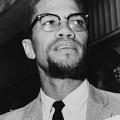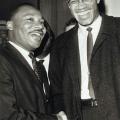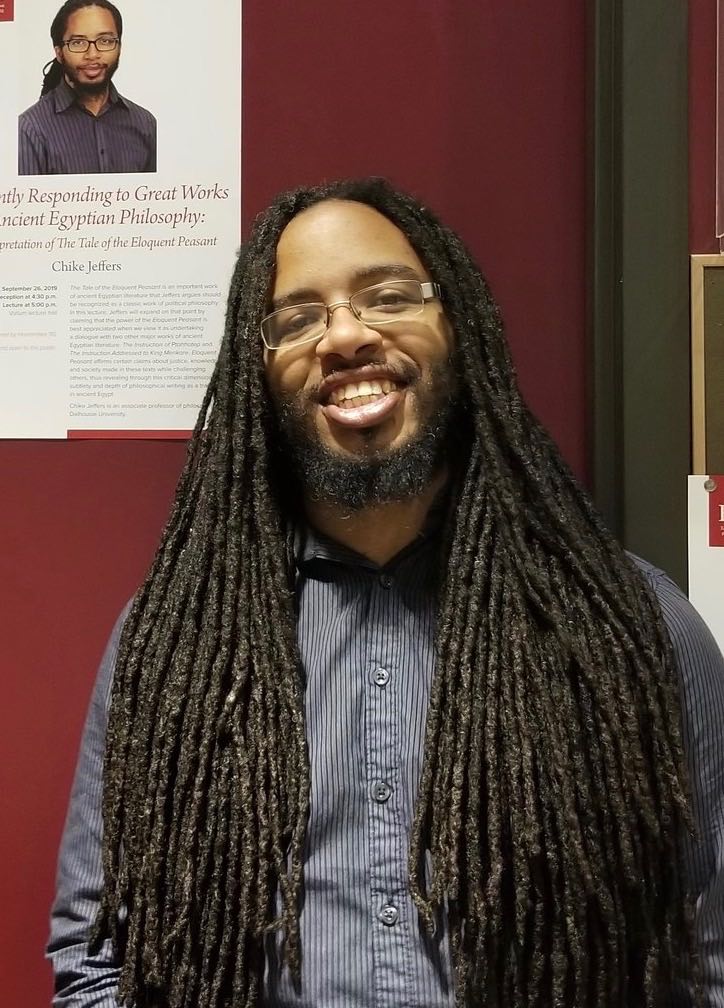100. Chike Jeffers on the First Half of the Twentieth Century
Posted on
Chike joins Peter to look back at our coverage of Africana philosophy in the first half of the 20th century.
Themes:
Further Reading
• C. Jeffers, "Black Civilization and the Dialogue of Cultures: Senghor's Combination of Cultural Nationalism and Cosmopolitanism," in I. Constant and K. Mabana (eds.), Negritude: Legacy and Present Relevance (Newcastle-upon-Tyne: 2009).
• C. Jeffers, "W.E.B. Du Bois' 'Whither Now and Why,'" in E. Schliesser (ed), Ten Neglected Classics of Philosophy (New York: 2017).
• C. Jeffers, "Looking Backward and Forward from African America in 1944: W.E.B. Du Bois' 'My Evolving Program for Negro Freedom,'" in K. Freeman and J. Munro (eds), Reading the Postwar Future: Textual Turning Points from 1944 (London: 2020), 183-198.






Comments
Add new comment